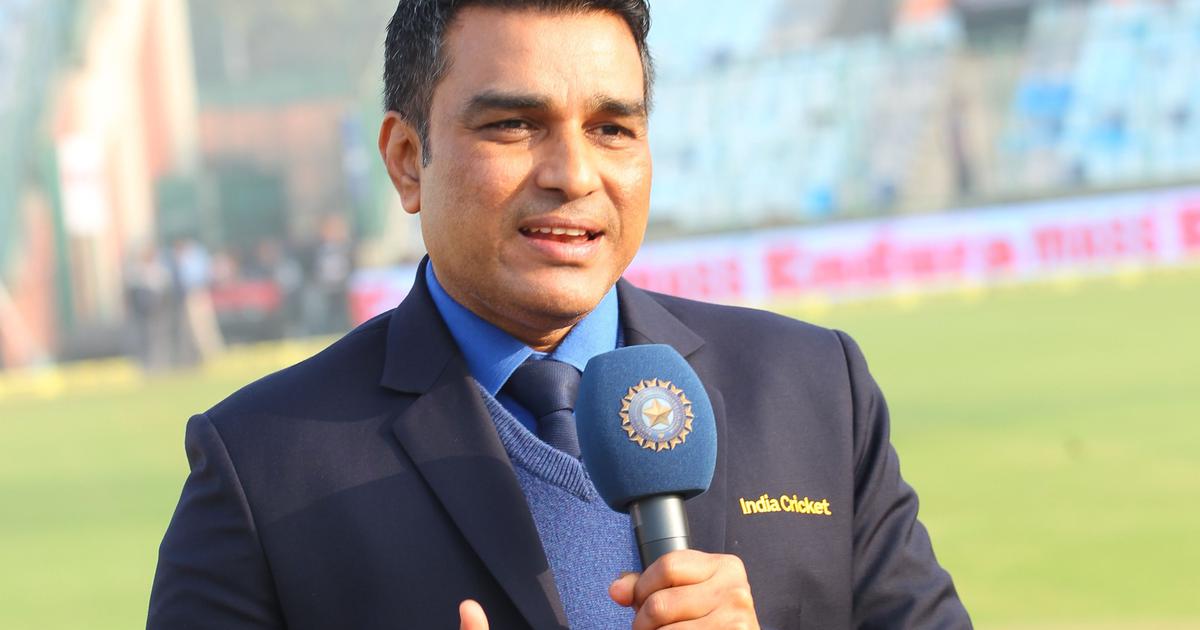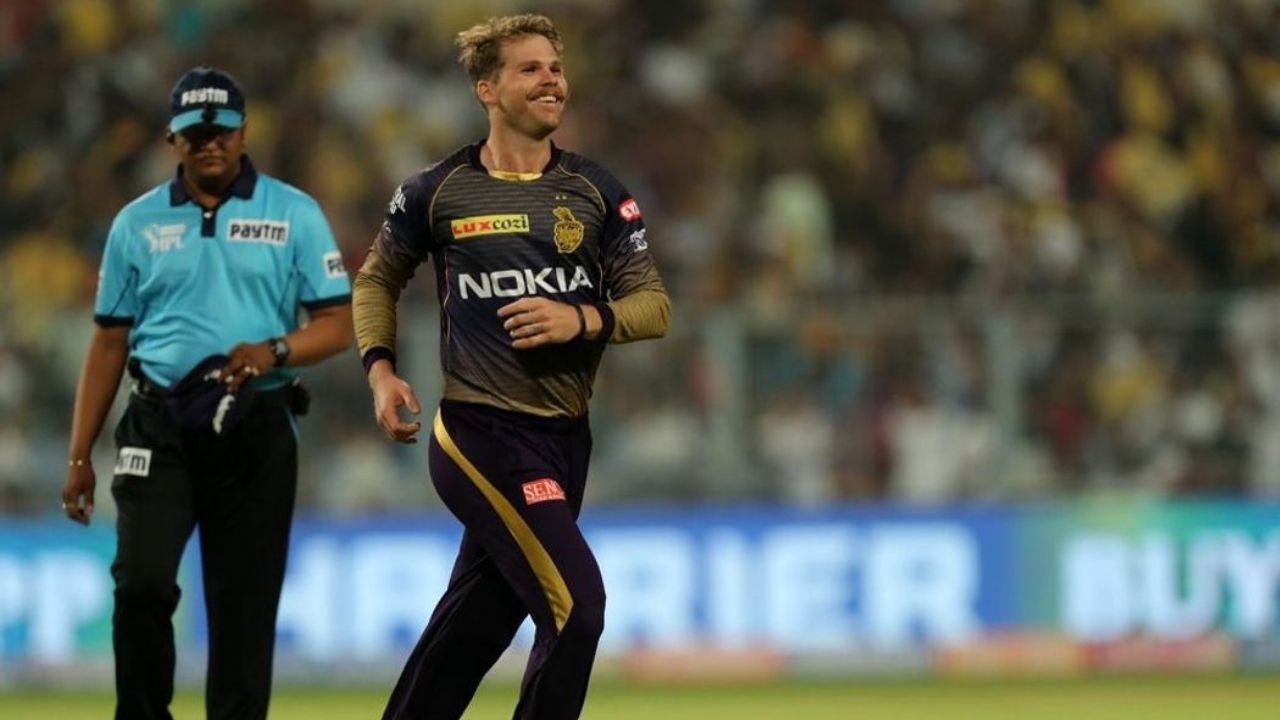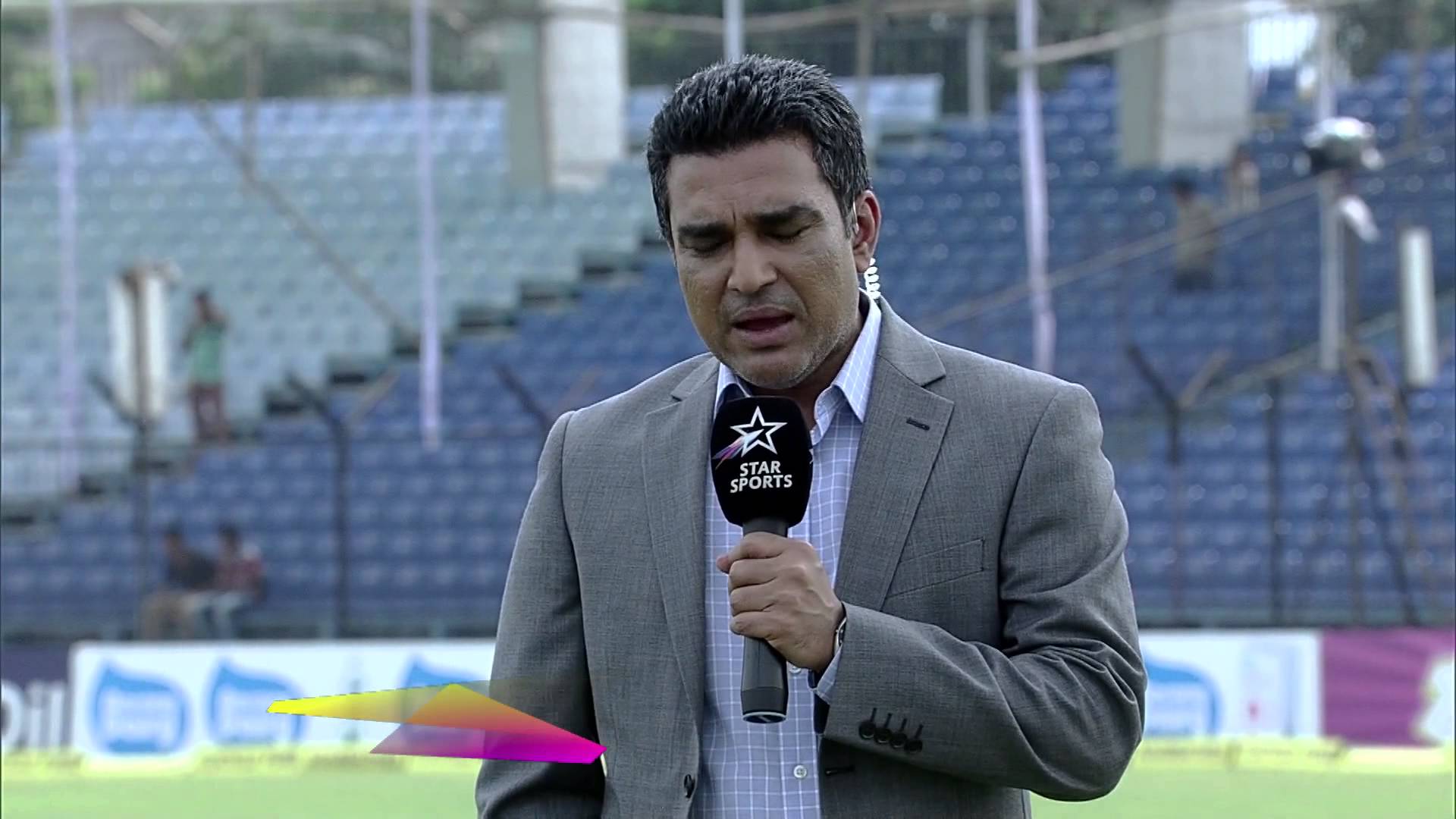Sanjay Manjrekar, former Indian cricketer-turned-commentator has given his views regarding the number of overseas players in an IPL team while speaking to ESPNcricinfo. Sanjay Manjrekar has said that IPL GC should allow five foreign players in playing XI if the league expands to 10 franchises in 2022.
He said that there will be enough room for Indian players to flourish with the increase in teams as 60 Indian players could take the field in IPL 2022.

Sanjay Manjrekar: If IPL 2022 Is Going With 10 Teams Then 5 Overseas Players Should Be Included In Playing XI
With the IPL expanding, there may be a change in rules for foreign players in the team. Currently, only four overseas players are allowed in the playing XI with some teams often benching some quality players due to the rule. The Indian Premier League is likely to add 2 more teams for season 15 that takes place next year.
“If IPL is going with 10 teams then you got to have five foreign players per side. Despite that, you will have 10 Indian players playing in the XI. They are a lot of Indian players,” he said.

Aakash Chopra had also proposed a radical suggestion for future editions of the IPL. The cricketer-turned-commentator felt the overseas player cap in the playing eleven should be increased to five from IPL 2022 onwards.
IPL 2022 is set to be a ten-team affair, with two new franchises added to the group. The change will see the league revert to a ten-franchise competition for the first time since 2011, having been an eight-team event since 2014. IPL 2021 saw proven international stars like Anrich Nortje, Mitchell Santner, and Lockie Ferguson warm the bench. A ten-team IPL with the five-overseas-player rule will make the league more attractive to foreigners.
Sanjay Manjrekar: It’s A Shame To See Some Quality Foreign Players Benched Because Franchises Can’t Play More Than 4 In Playing XI
IPL is one of the most famous and fiercely competitive leagues in the world and has an array of premium talent available at its disposal.
“When there was no IPL, T20, or 50-over cricket, only 13-14 players in the 70s or 80s played at the highest level and that’s where you got the cream of Indian players playing,” Sanjay Manjrekar added.
“You already have plenty of Indian players and it is a shame to see some quality foreign players sitting out only because they can’t play more than four. So even if we go five foreign players, plenty of Indian players will get the opportunity,” he further said.
“I don’t think it will a pressure that organisers feel that this is an Indian Premier League and got to have more and more Indian players and less foreign players. 60 is plenty,” Sanjay Manjrekar signed off.
Before IPL 2021 was suspended indefinitely due to a rise in Covid-19 cases in India, overseas players like Imran Tahir (1 game), Lungi Ngidi (3 games), Mitchell Santner, and Jason Behrendorff(no games) didn’t feature in many games as per liking for CSK.
For table toppers, Delhi Capitals, Sam Billings, and Anrich Nortje didn’t play while Tom Curran (2 games), and Chris Woakes (3 games) didn’t play much as desired. For KKR, Lockie Ferguson, Ben Cutting, and Tim Seifert didn’t get a game to play.

Mumbai Indians player Nathan Counter Nile, James Neesham, Adam Milne, and Chris Lynn played in 1 game each. For Punjab Kings, Dawid Malan, Chris Jordan, Moises Henriques, Fabian Allen, Riley Meredith, and Kane Richardson didn’t play all matches. For Rajasthan, Ben Stokes was injured after playing the first game while Andrew Tye didn’t get a game and flew home midway for Covid-19 fears.
For RCB, Finn Allen, Scott Kuggeleijn, and Adam Zampa were some of the players who didn’t feature in a single game. For SRH, Jason Roy, Jason Holder, Mohammed Nabi, Mujeeb-ur-Rahman didn’t feature in more than 2 games each.
